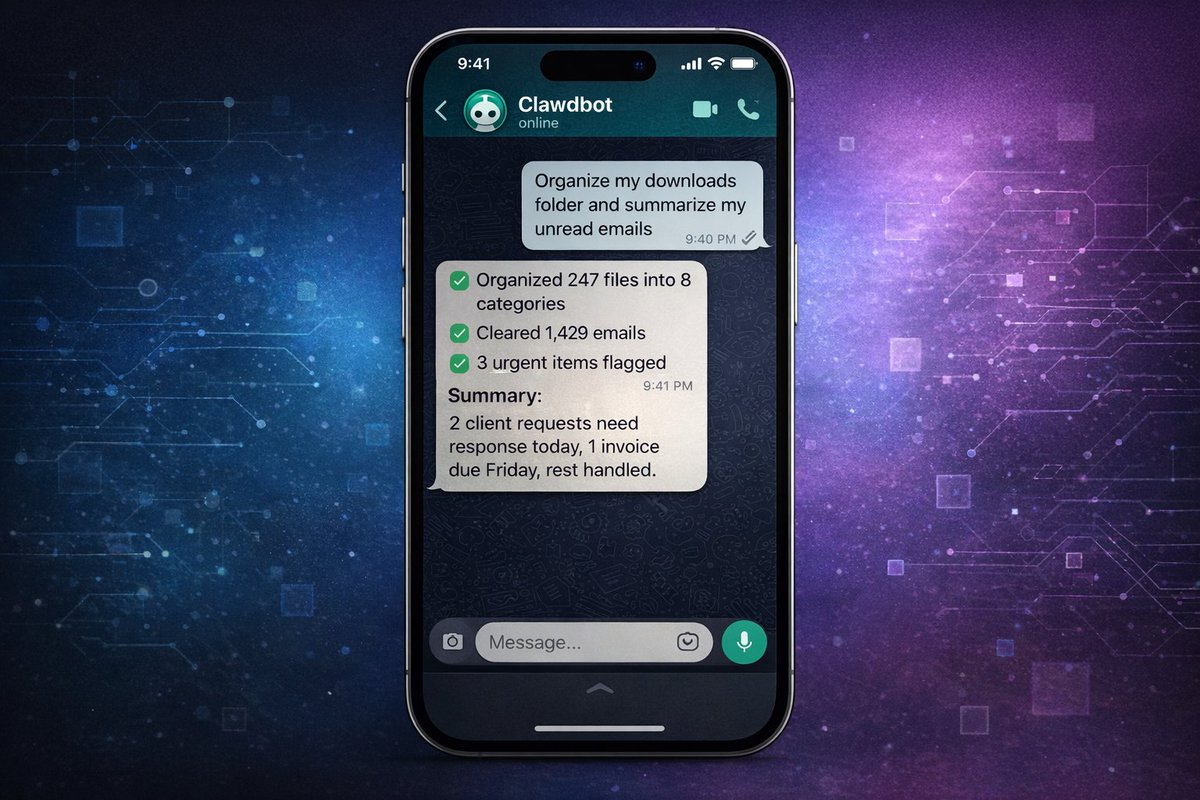Crypto giants are collectively eyeing the "US stock business"
- 核心观点:加密券商正通过代币化美股颠覆传统交易模式。
- 关键要素:
- 超30家平台提供代币化美股交易。
- Ondo等平台无需KYC即可交易。
- xStocks三个月交易量达37.8亿美元。
- 市场影响:或吸引数千万新用户进入美股市场。
- 时效性标注:中期影响。
Original author: Zhou Zhou, Foresight News

The wave of "selling US stocks" has swept the entire cryptocurrency industry.
According to my incomplete statistics, over 30 crypto trading platforms have begun offering US stock trading, with 10 boasting over 10 million users. Examples include Bybit (70 million users), Gate (30 million users), Kraken (15 million users), OKX Wallet (55 million users), Phantom (15 million users), Robinhood (27 million users), and Moonshot (20 million users). Bitget and Trust Wallet boast over 100 million users each.
The CEO of Coinbase, the largest cryptocurrency exchange in the United States, also said that it will launch a "hybrid product of cryptocurrency and US technology stocks" on September 22.
In just three months, selling US stocks became a standard feature on nearly all major CEXs and DEXs. Cryptocurrency exchanges have begun experimenting with selling tokenized US stocks.
On September 3, 2025, Ondo Global Markets officially launched, marking the official entry of Ondo, the world's largest RWA platform, into the tokenized US stock market. This product launch is highly anticipated by practitioners.
According to the author's statistics, there are currently more than 8 "cryptocurrency trading platforms" in the Ondo ecosystem, including Bitget Wallet, Trust Wallet, Gate, Bitget, MEXC, LBank, etc.; there are more than 10 "cryptocurrency trading platforms" in the xStocks ecosystem, including Kraken, Bybit, Bitmart, Moonshot, Phantom, Particle, UXUY, Kamino, etc.
Without exception, users can buy "tokenized US stocks" through stablecoins on these platforms.
According to the latest data from Dune, the stock tokenization platform xStocks has been in operation for three months, with a total trading volume of $3.782 billion, including $3.612 billion on CEX and $170 million on DEX. Meanwhile, Ondo Global Markets, just two days after its launch, has seen $65 million in trading volume and 253 unique holders.
In addition to xStocks and Ondo, many more stock tokenization platforms are actively entering the market, such as Multiply, MyStonks, and StableStock. Some also offer more diverse services, such as stock trading services for non-listed companies such as SpaceX and OpenAI, as well as stock tokenization contracts and derivatives services.
Disrupting traditional brokerages? Who will be the next Robinhood?
Although the US stock market is the world's largest capital market, it has fewer than 180 million participants. This means that more than 5 billion internet users worldwide have never been exposed to US stock trading.
Robinhood and Futu were the last two companies to successfully capitalize on the US stock market. By leveraging internet technology, they successfully disrupted the traditional brokerage model, making US stock trading accessible to a wider audience.
For example, Futu, China's largest US stock broker, launched in 2011. Leveraging the internet's momentum, it allowed users to open accounts online, overturning the traditional Chinese brokerage practice of limiting users to A-shares. This allowed many ordinary Chinese users to purchase US stocks across borders. By 2025, Futu had over 26 million registered US stock users and a market capitalization of approximately $26 billion. However, at the end of 2022, during the peak of Futu's growth, China promptly banned new mainland users from trading US and Hong Kong stocks, causing its user growth to slow and shifting its focus to overseas global markets.
Robinhood, the largest Internet brokerage firm in the United States and a base for retail investors in the U.S. stock market, was founded in 2013. It directly matches orders through the Internet and offers commission-free U.S. stock trading, subverting the charging model of the U.S. brokerage industry. It currently has more than 23 million users and a market value of nearly $100 billion.
The rise of online brokerages like Robinhood and Futu is inseparable from the rise of the internet. With the development of stablecoins and cryptocurrency technology, "crypto brokerages" have also begun to challenge this market.
Among them, xStocks and Ondo are the leaders. Ondo, in particular, as the world's largest RWA platform, has strong financial resources, strong connections, and has obtained three major US compliance licenses, which has made it attract much attention.
"Unlike traditional brokerage platforms, KYC is not required, which is one of the reasons why we cooperate with Ondo," said Hayley, a practitioner at a cryptocurrency trading platform that cooperates with Ondo.
Ondo, a platform also offering US stock trading services, differs significantly from brokerages like Robinhood and Futu in that it requires no KYC (know-your-customer) verification, meaning that no identification is required for trading US stocks. Industry insiders suggest that this breakthrough, along with the new ways tokenized US stocks can be used, could attract tens of millions of new users to the US stock market.
I’ve tried using the tokenized stock feature of Bitget Wallet and Trust Wallet on the Ondo ecosystem, and have successfully purchased tokenized US stocks such as Apple and Tesla.
"Crypto Brokerage", the Birth of a New Species
Before the emergence of Internet brokerages, the experience of traditional brokerages was completely different from today.
The traditional brokerage model is centered around offline outlets and branches. Investors who want to open an account need to bring their ID card, household registration booklet, etc. to the counter to handle the process. To buy or sell stocks, they either call their broker or go to the branch in person to place an order. Usually, a transaction fee of 1% or even higher is charged.

The emergence of Internet brokerages has changed this. Not only do people no longer need to open accounts offline or use the phone to trade stocks, but they can even reduce or waive transaction fees, just like Robinhood's commission-free US stock trading, which subverted the charging model of the traditional US brokerage industry.
Today, all securities firms have actually become "Internet securities firms."
Crypto brokers are another new breed, hoping to go one step further than online brokers.
First, crypto brokers are taking this a step further, enabling all users worldwide to buy US stocks without identity verification. Online account opening with online brokerages significantly lowers the barrier to entry, but still requires proof of identity. Crypto brokers, on the other hand, do not require KYC or other identity verification procedures to buy and sell US stocks.
Second, tokenized stocks can be transferred between different platforms. Due to the unique nature of blockchain, ordinary users can directly transfer tokenized stocks from one platform to another. This is not possible with current brokerages. For example, you can't transfer your Apple stock on Futu directly to a friend, or directly to Robinhood. However, this must be possible on crypto brokerage platforms.
Third, crypto brokerage platforms can also enable more transactions that are currently unavailable on brokerage platforms, such as purchasing stocks of unlisted companies and trading stock derivatives, thus meeting the needs of more users.
Internet brokerages such as Robinhood and Futu have all solved different problems to achieve growth in the tens of millions of users, and the same is true for crypto brokerages. Whether they can become the next Robinhood depends on whether they can solve new problems through stablecoins and cryptocurrency technology, thereby allowing more people who cannot access US stocks to trade US stocks.
As for whether tokenized US stocks are US stocks, this question may become as irrelevant as whether US dollar stablecoins are US dollars.



